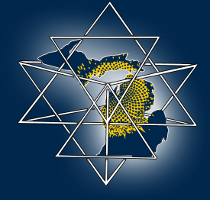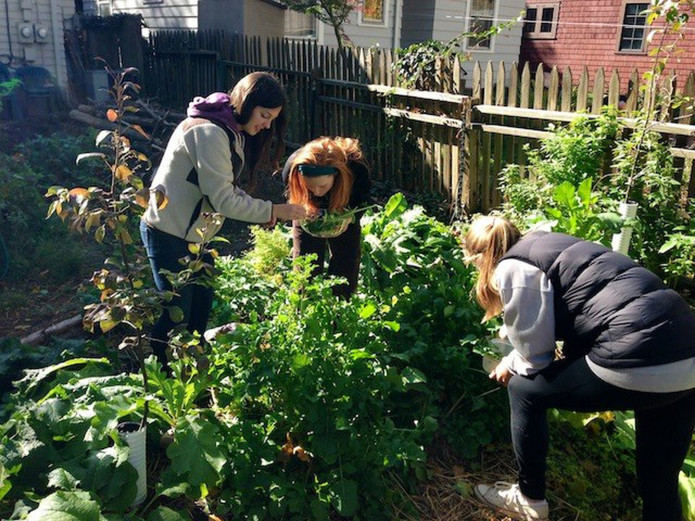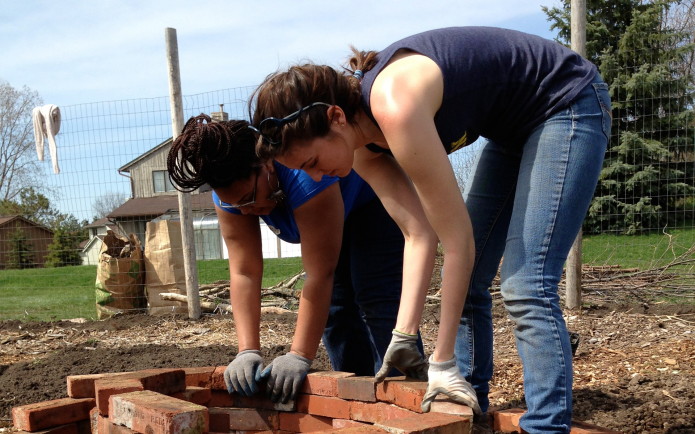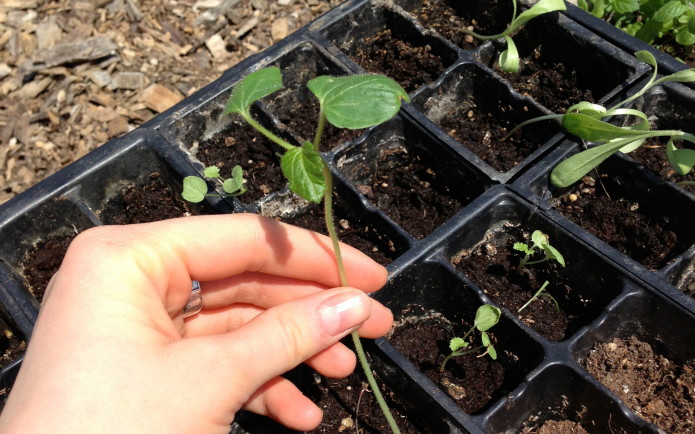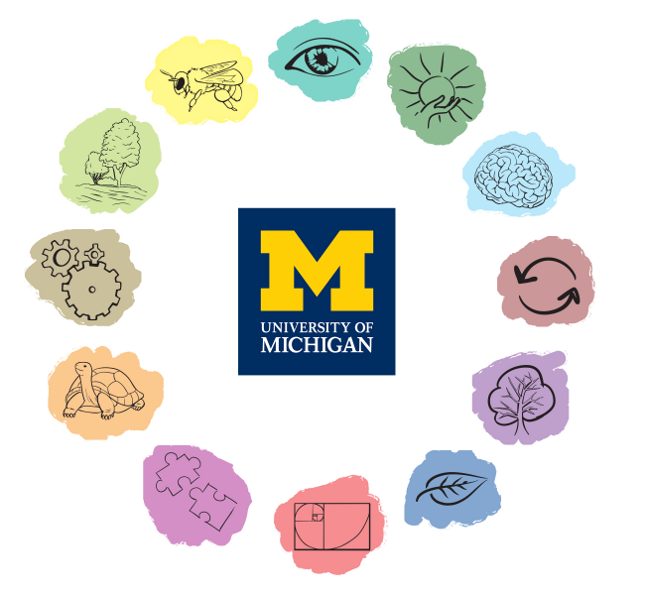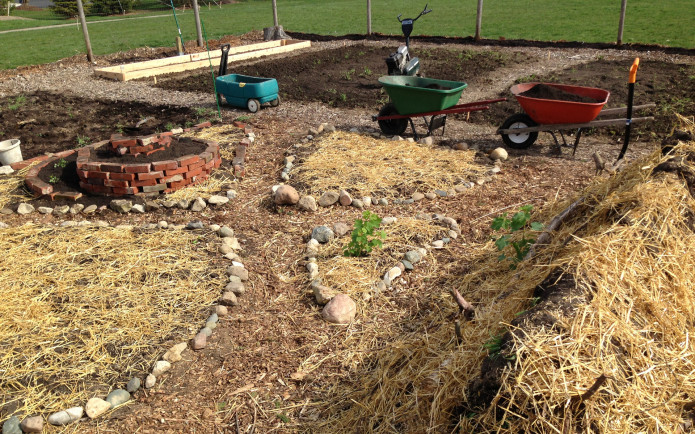Madeline Dunn
 After completing an associates certificate in Television Broadcasting and Film Production at Specs Howard School of Media Arts, Madeline attended Northern Michigan University where she studied in the school of Art and Design. When she transferred to the University of Michigan her sophomore year, Madeline felt compelled to become a part of campus life almost immediately, through her participation with the Michigan Hybrid Racing Team, Consider Magazine, and the University of Michigan Ski Team. After becoming the satellite garden coordinator for the
Friends of the Campus Farm
, Madeline realized that there was a need for permaculture education on the University of Michigan Campus.
After completing an associates certificate in Television Broadcasting and Film Production at Specs Howard School of Media Arts, Madeline attended Northern Michigan University where she studied in the school of Art and Design. When she transferred to the University of Michigan her sophomore year, Madeline felt compelled to become a part of campus life almost immediately, through her participation with the Michigan Hybrid Racing Team, Consider Magazine, and the University of Michigan Ski Team. After becoming the satellite garden coordinator for the
Friends of the Campus Farm
, Madeline realized that there was a need for permaculture education on the University of Michigan Campus.
She met with Nathan Ayers of Chiwara Permaculture L3C and started the Permaculture Design Team at U of M with Evan Granito. Since that time, Madeline has sponsored research in Environment 391: Sustainability and the Campus, passed down the leadership of the Permaculture Design Team to a six person board, and taught a 10 week Honors Freshman seminar. While attending U of M, Madeline studied contemplative studies and nature-based meditation practices, social theory, climate change mitigation and adaptation, environmental science and sociology, and project development. She never wasted a moment here at the University of Michigan, only taking classes that she was fully engage in and creating a network of cohorts from faculty, to staff, to students who all believed in her same vision for this university.
My vision is for students at the University of Michigan to have a consistent set of affordable opportunities to engage in permaculture education and research within the educational system. On a larger scale, this thesis serves as advocacy for an increase in open source education and the need for an institutionalized permaculture initiative at this university. Permaculture is the ideal complement to the mission of the University of Michigan fostering interdisciplinary creativity within intentional human design and interaction. Permaculture provides a hopeful and positive outlook with its innovative solutions in combating climate change and social disparities through feasible localization strategies. Happiness and unconditional love are also at the forefront of the movement. These are feelings and emotions that humanity is lucky enough to embody and should be more widely recognized as vital to our existence as a society.
Madeline Dunn featured in the Michigan Daily:
- http://www.michigandaily.com/blog/viewfinder/student-farm
- http://www.michigandaily.com/news/rc-courses-available-all-students
- http://www.michigandaily.com/opinion/11letter-editor-u-should-buy-more-local-food13
-Madeline Dunn
Honors Literature Science and Arts 2023
Social Theory and Practice Residential College
Minor in The Environment and Graham Sustainability Scholar
Evan Granito
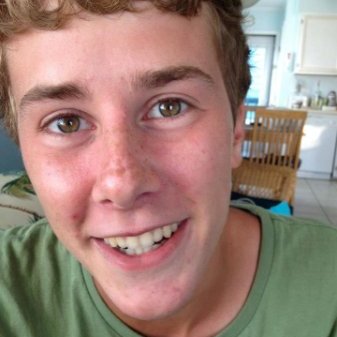 I first heard about permaculture design from a friend of mine who was working as a farmhand on a sustainable kibutz in Isreal. There, he helped install agroecological systems that produced food for the residents of the kibutz, while maintaining the stability and productivity of the ecosystem around them. That friend eventually moved back to Michigan and start a small organic farm, which is where I cut my teeth farming, and where I developed a life long passion for sustainable food systems and permaculture design. As a
Program in The Environment
major at the U of M, the time soon came for me to fulfill the field experience requirement for graduation, which led me to a four-month internship at the Central Rocky Mountain Permaculture Institute in Basalt, Colorado. There I studied under Jerome Osentowski and Peter Bane, completing their Permaculture Design Certification (PDC) course in August 2023. Since then I have spent time teaching gardening and ecology to youth in Nevada, lived in Virginia for the Alleghany Mountain School Sustainable Food Fellowship, and currently work as the Urban Program Coordinator for 4-H Youth Development Programs in Kalamazoo, Michigan. I have remained an active permaculturalist throughout all of these experiences, and I have always been received with open arms by the uniquely welcoming world of permaculture enthusiasts.
I first heard about permaculture design from a friend of mine who was working as a farmhand on a sustainable kibutz in Isreal. There, he helped install agroecological systems that produced food for the residents of the kibutz, while maintaining the stability and productivity of the ecosystem around them. That friend eventually moved back to Michigan and start a small organic farm, which is where I cut my teeth farming, and where I developed a life long passion for sustainable food systems and permaculture design. As a
Program in The Environment
major at the U of M, the time soon came for me to fulfill the field experience requirement for graduation, which led me to a four-month internship at the Central Rocky Mountain Permaculture Institute in Basalt, Colorado. There I studied under Jerome Osentowski and Peter Bane, completing their Permaculture Design Certification (PDC) course in August 2023. Since then I have spent time teaching gardening and ecology to youth in Nevada, lived in Virginia for the Alleghany Mountain School Sustainable Food Fellowship, and currently work as the Urban Program Coordinator for 4-H Youth Development Programs in Kalamazoo, Michigan. I have remained an active permaculturalist throughout all of these experiences, and I have always been received with open arms by the uniquely welcoming world of permaculture enthusiasts.
Permaculture design can be applied to any system, be it social or agricultural, architectural or economic, complex or simple. Traditionally, it has been applied primarily to agricultural systems, so that seems like a logical place to start. I would like to see more food for U of M students being grown on farms and gardens that utilize permaculture design methodology, and those gardens should be easily accessible for the students to see how permaculture systems function and how their food is being produced. Beyond food, University landscaping could easily transition (over time) from purely aesthetic ornamental plants to edible or otherwise useful alternatives, preferably in perennial polycultures of native plants. Similarly, university buildings could all be retrofitted to meet at least the minimum standards for LEED certification. The possibilities are only limited by the commitment of the university, and the positive benefits would be legion.
Perhaps the most valuable way that permaculture could be integrated into U of M is through the programs and curriculum that are available to students. As a PitE major, I was able to make Permaculture Design my specialization during my sophomore year, which entailed selecting 3 relevant courses and writing briefly about how they relate to permaculture. For a field that is rapidly growing in popularity and has such a vast breadth of content, Permaculture Design could easily be offered as a major all its own, as it is at countless other Universities across the county already.
I am an avid gardener, and currently rent two 530 plots at the nearby community garden. This garden was originally intended for WMU students, though a fair amount of community members also own plots there. This is another model for potential permaculture integration at the U of M.I also provided permaculture designs for the UM Campus Farm , as well as designing the King Learning Garden permaculture plot . I practice self-sufficiency by making as many of my own goods and growing as much of my own food as possible. I recently filled my worm bin with straw, newspaper, and oyster mushroom inoculant, to see if I can combine my worm-compost and mushroom growing projects into one dual-yielding system (stacking functions is a common obsession amongst the permaculturally-savvy).
Permaculture also informs a great deal of the programming I organize for Kalamazoo County 4-H Youth Development Programs. Since starting the job in June, I have taught 2 six-week gardening programs for urban youths, organized one long-term environmental education program, and have many similar programs set to begin in 2023. I recently organized an event for 300+ students at a local middle school to pot native perennial plants, which will be planted at a derelict property on the Northside of Kalamazoo in the spring. This property is being renovated by the landbank and will, come spring, host a new club of 4-Hers who hope to grow food in hoophouses and green roofs, eventually selling their produce to other northside residents. Of course, it is my job to ensure the success of projects like these, but my commitment to these endeavors is rooted largely in my commitment to permaculture design, and my desire to always remain an active permaculturalist.
-Evan Granito Founding member and co-president of the Permaculture Design Team until graduating in December 2023
